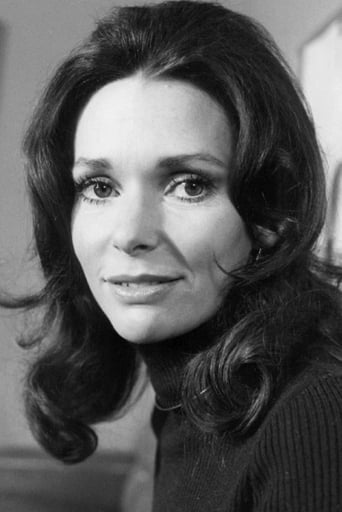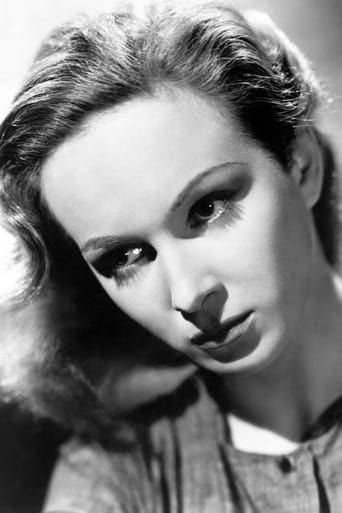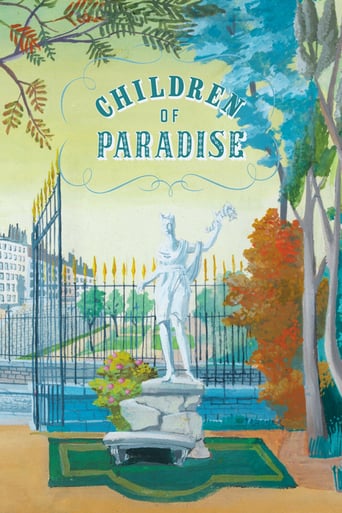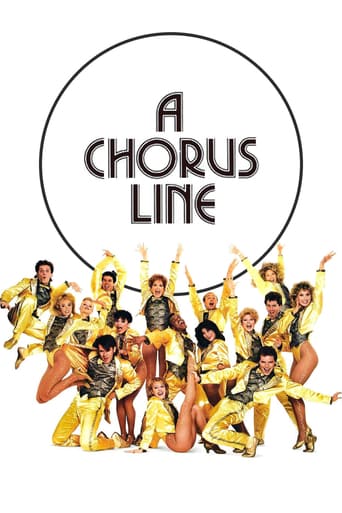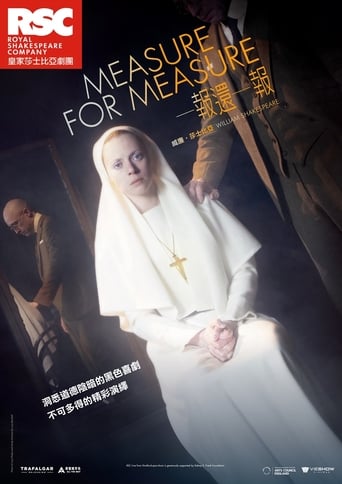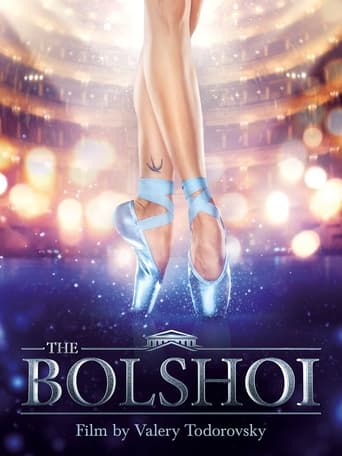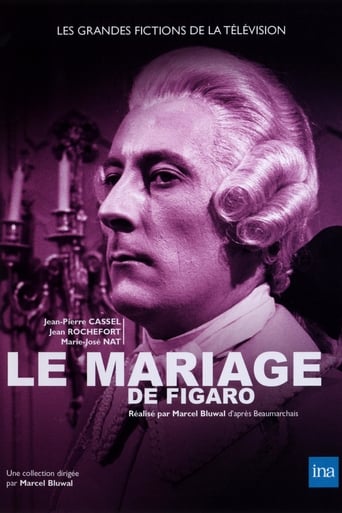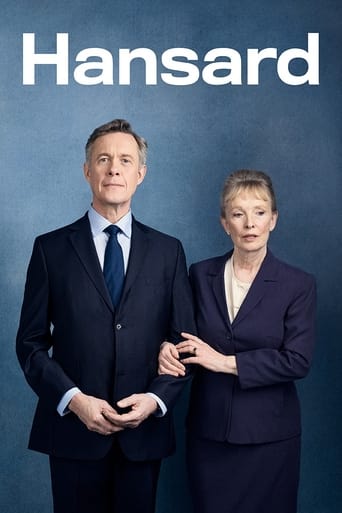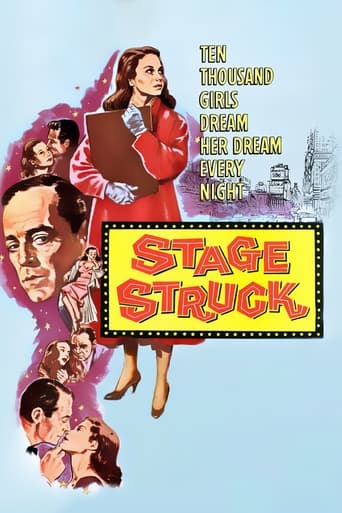
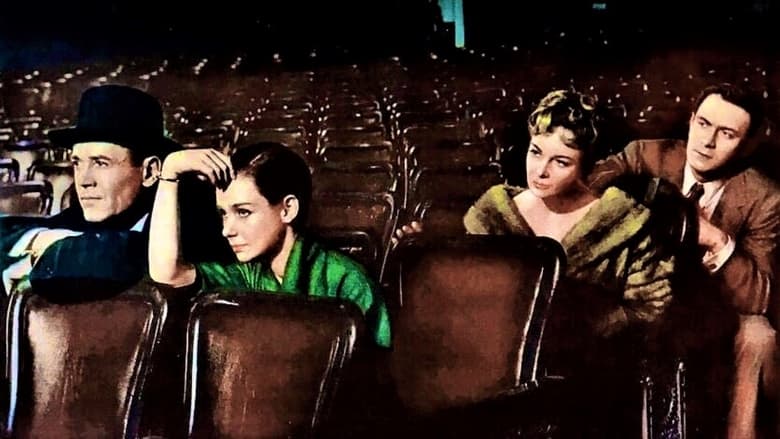
Stage Struck (1958)
A young woman arrives in New York City determined to become a great theatrical star, but discovers that her goal may not be as easily attainable as she had hoped.
Watch Trailer
Cast


Similar titles
Reviews
The performances transcend the film's tropes, grounding it in characters that feel more complete than this subgenre often produces.
It's funny, it's tense, it features two great performances from two actors and the director expertly creates a web of odd tension where you actually don't know what is happening for the majority of the run time.
If you like to be scared, if you like to laugh, and if you like to learn a thing or two at the movies, this absolutely cannot be missed.
The acting in this movie is really good.
I had to keep reminding myself that this film was made in 1958, not in our day. It is "timelessly modern." It's not just another fantasy film about the backstage theater world. The acting is so real and emotions so true, you get caught up in every scene as if you are part of the film. Add the excellent photography and cinematography which seem ahead of their time, and you think you are watching a movie made half a century later.This is not all dreamy, and it is not all hardline: It is a perfect blend of both the aspirations of the heart, and the realities people must overcome to achieve them.The story itself has true personal appeal, as it combines dreams of stardom with down-to-earth human feeling. The directing and acting prove that a halfway decent script can be brought to life, exuding an appeal uncommon in any film of any era.Moreover, this is a fine example of how acting and directing can make a movie entertaining MINUS sleeze and vularity.
Before this film, I had seen Susan Strasberg in two late 1960s AIP low-budget films 'The Trip' and 'Psych-Out' and enjoyed her performances in both so was quite interested in seeing her in the starring role here.Alas, not only is she not up to the task, but she takes down the film with her. Her performance in the first 30 minutes or so is truly wretched; she's so strained and overwrought that it makes one cringe.To be fair, from the time she does a reading from 'Romeo & Juliet' (which is quite charming) her performance settles down somewhat but the damage is done. After all, it's in the opening scenes where we're supposed to believe that she wins over Herbert Marshall as a close friend and enchants Plummer and Fonda but her performance kills any chance of that being convincing and the film never recovers.However, the film is still fairly entertaining. While Fonda seems rather too genial to convince as a Broadway producer he's always entertaining to watch and helps hold the film together. And Joan Greenwood does a nice balancing act as she gives a melodramatic performance yet still lined with depth.And, as other reviewers have mentioned, director Sidney Lumet puts in some nice touches with the detail he displays in the preparation that goes behind the scenes for opening night.Also of interest is that it was released as an RKO picture and was probably close to the very last film released by that studio.
Was Susan Strasberg over the top? Absolutely.I made the mistake of not turning the TV off while preparing for bed and Stage Struck came on. I thought I'd just watch a moment or two and hit the sack.Well, I watched the whole thing. I couldn't turn it off.Susan Strasberg was most certainly over the top. But, the amazing feat was that Eva was not totally and completely obnoxious. Instead, she was lovely and thoroughly likable. (Unlike Katherine Hepburn who made Eva obnoxious in Morning Glory.)I agree about the chemistry bit - there was none between Fonda and Strasberg. On the other hand, wasn't that the way it was supposed to be? They didn't end up as a couple in the end. Fonda clearly was infatuated with Eva, but what he really loved was her talent.There wasn't any romance in the movie - it was more about never making the romantic connection. Fonda gets his hit, Plummer is now a director to match his success as a playwright, and Strasberg is launched as a potentially great star.The beauty of it is that, because Fonda and Strasberg, and Plummer and Strasber only stuck their toes in the romantic waters, the movie ends with us knowing that the three of them will be great friends and that the truly obnoxious Rita Vernon as delightfully played by Joan Greenwood has been edged out by the much more appealing Eva.There was great chemistry between Herbert Marshall and Susan Strasberg. That was the real romance in the film - they regarded each other with such warmth. Herbert Marshall went from "Who the Hell is this naive creature" to caring deeply for her.
There is a strange artificiality to Susan Strasberg's performance which really throws this movie off kilter. Obviously she's playing a very theatrical young woman who lives for the stage, and in certain scenes (particularly the party scene where she is not only intoxicated from champagne but the dreamy proximity to so many Broadway celebrities) this technique is effective, but she never turns it off. In tender, heartfelt moments with Henry Fonda's seasoned producer and Christopher Plummer's blossoming playwright, both of whom are supposed to be madly in love with her, she's frightfully unresponsive. She's like a pretty little China Doll whose eyes can blink.Nevertheless, there is much to like about this film. Fonda, Plummer and Herbert Marshall are superb as various incarnations of success who all become enchanted with Strasberg and her bewildering determination to be a star. They are all caught up in the complicated and decidedly unromantic machinery of the theatre world, and she represents the innocence they've either forgotten (Marshall), lost (Fonda), or are in jeopardy of losing (Plummer). (Although again, as Strasberg plays her, the innocence seems like a put-on, a florid, elaborate joke.) Part of the pleasure of the film is seeing Plummer in one of his very first, pre-"Sound of Music" roles. A darkly compelling leading man during this time with brooding traces of the new method acting style, he and the old school Fonda work well together - there's an interesting "passing the torch" dynamic there.But the real reason to see this film is the stunning location photography of New York City. The director, Sidney Lumet, has always loved the city just as much as Woody Allen, and here it is practically the star. There is an exquisite scene in a snow blanketed park (Central?) that is as vivid as being there.There is an added poignancy to this picture as Strasberg's part as an actress on the verge of "making it" was, I believe, intended to neatly dovetail with her own emerging stardom. A stardom that was, alas, to be short-lived.



